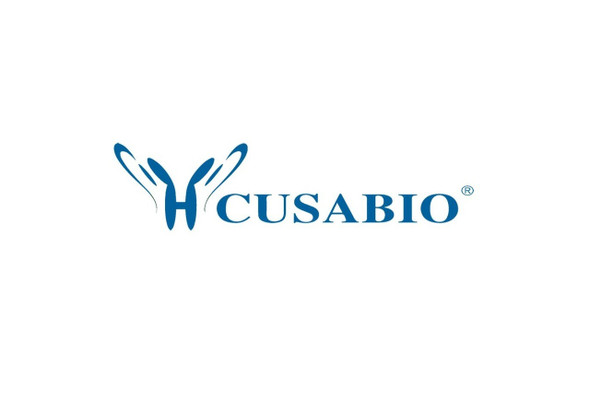Cusabio Polyclonal Antibodies
DGKB Antibody | CSB-PA962705
- SKU:
- CSB-PA962705
- Availability:
- 3 to 7 Working Days
Description
DGKB Antibody | CSB-PA962705 | Cusabio
DGKB Antibody is Available at Gentaur Genprice with the fastest delivery.
Online Order Payment is possible or send quotation to info@gentaur.com.
Product Type: Polyclonal Antibody
Target Names: DGKB
Aliases: diacylglycerol kinase, beta 90kDa
Background: Diacylglycerol kinases (DGKs) are regulators of the intracellular concentration of the second messenger diacylglycerol (DAG) and thus play a key role in cellular processes. Nine mammalian isotypes have been identified, which are encoded by separate genes. Mammalian DGK isozymes contain a conserved catalytic (kinase) domain and a cysteine-rich domain (CRD) . The protein encoded by this gene is a diacylglycerol kinase, beta isotype. Two alternatively spliced transcript variants have been found for this gene.
Isotype: IgG
Conjugate: Non-conjugated
Clonality: Polyclonal
Uniport ID: Q9Y6T7
Host Species: Rabbit
Species Reactivity: Human, Mouse, Rat
Immunogen: Synthetic peptide of human DGKB
Immunogen Species: Human
Applications: ELISA, IHC
Tested Applications: ELISA, IHC;ELISA:1:1000-1:5000, IHC:1:50-1:200
Purification Method: Antigen affinity purification
Dilution Ratio1: ELISA:1:1000-1:5000
Dilution Ratio2: IHC:1:50-1:200
Dilution Ratio3:
Dilution Ratio4:
Dilution Ratio5:
Dilution Ratio6:
Buffer: -20°C, pH7.4 PBS, 0.05% NaN3, 40% Glycerol
Form: Liquid
Storage: Upon receipt, store at -20°C or -80°C. Avoid repeated freeze.
Initial Research Areas: Signal Transduction
Research Areas: Cancer;Metabolism;Signal transduction











